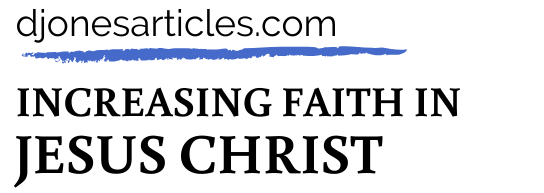It is almost impossible to go through life and not be offended by someone. It always hurts but is especially difficult when it is a family member, a friend or someone we care about. The Savior commands us to forgive their trespasses against us. If what is said about us is not true, forgiveness becomes especially difficult.
Many Can Relate to the Below Experience
“When I was 16, I didn’t get along with my twin brother at all. We fought about everything. One day he humiliated me at school with an intensely critical and personal attack in front of a group of friends. His actions and hurtful words left me devastated in a way my teenage self could not bear. Even when our parents confronted him about the incident, he never said he was sorry. For years I held onto the pain.
I realized that even though I didn’t often think about what my brother did, I still needed to forgive him.
My brother had hurt me more than anyone else, and I knew it wasn’t going to be easy to forgive him. So I prayed for help from Heavenly Father. I know that even though it may take time, with Heavenly Father’s help, we can let the past remain in the past.”
The Savior Requires Us to Forgive All
Those who wish to consider themselves as disciples of the Master must understand that we owe a great debt to our Heavenly King for the many gifts and blessings we have received from Him. This understanding unlocks the door to the gifts of repentance and our own forgiveness. The retention of these gifts depends upon our faithful forgiveness of those who have offended us. The Savior said, “Blessed are the merciful: for they shall obtain mercy” (Matthew 5: 7 in the Bible) and, “With what judgment ye judge, ye shall be judged” (Matthew 7: 2 in the Bible). Jesus taught us in the Lord’s Prayer, “And forgive us our trespasses as we forgive those who trespass against us.” (Matthew 6: 14-15 in the Bible). The Savior also revealed, “My disciples, in days of old, sought occasion against one another and forgave not one another in their hearts; and for this evil they were afflicted and sorely chastened. Wherefore, I say unto you, that ye ought to forgive one another; for he that forgiveth not his brother his trespasses standeth condemned before the Lord; for there remaineth in him the greater sin. I, the Lord, will forgive whom I will forgive, but of you it is required to forgive all men.” (Doctrine & Covenants 64: 8-10). “And ye shall also forgive one another your trespasses; for verily I say unto you, he that forgiveth not his neighbor’s trespasses when he says that he repents, the same hath brought himself under condemnation.” (Mosiah 26: 31 in the Book of Mormon)
When the Savior was on the cross He asked his Father to forgive, those who persecuted and crucified him. Is there a greater example of forgiveness? Should we not follow His example?
When We Forgive, We Do Not Need to Condone the Actions Against Us
Forgiving others does not mean that we would endorse or approve of the behavior or transgression. In fact, there are many actions and attitudes that deserve clear condemnation. We can guard against being taken advantage of or hurt in the future. But even in these difficult circumstances we must completely forgive the offender.
Forgiveness Brings Peace
The importance of forgiveness is that it brings peace to the previously anxious, restless, frustrated, perhaps tormented soul that finally forgives another. It is the Savior’s desire that we each feel His peace. He said: “Peace I leave with you, my peace I give unto you. … ” (John 14:27 in the Bible). Forgiveness brings that peace into our hearts. “Forgive, and ye shall be forgiven” (Luke 6: 37 in the Bible).
The above experience was taken from an article entitled “Leaving the Past in the Past” in the Liahona January
